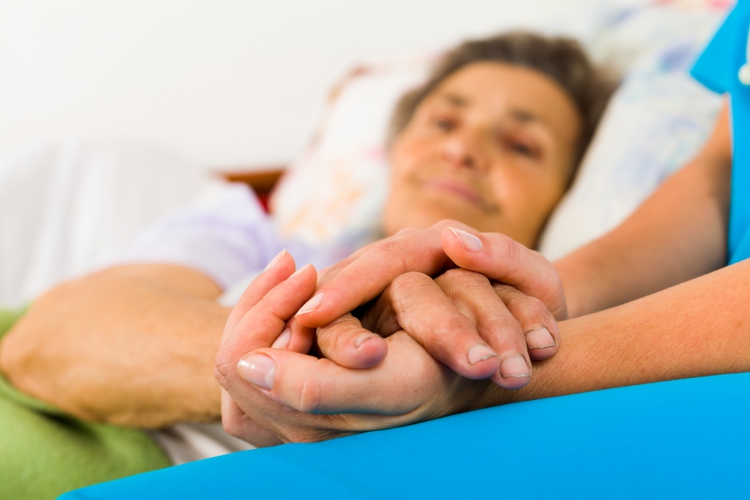Cerebrovascular means relating to the brain and its blood vessels. The brain needs the constant supply of oxygen and nutrients rendered by the blood. If the circulation of the blood is interrupted in any manner the cells in the brain begin to die leading to irreversible damage to the brain, and possibly death.
Cerebrovascular disease is a generic term used for conditions that affect the flow of blood to the brain. It includes:
- Stroke– when blood supply to any part of the brain is blocked due to a clot. Or when there is bleeding in the brain due to a ruptured blood vessel.
- Transient ischaemic attack– When blood supply is temporarily disrupted to any part of the brain. This part of the brain stops working until blood circulation is restored.
- Vascular Dementia– It is a loss in mental ability as a result of damaged brain cells. This can happen due to a single stroke or due to a series strokes.
Cerebrovascular disease is one of the leading causes of cognitive impairment in the elderly.
The risk of developing cerebrovascular disease increases with age. However it also affects people how have had or have hypertension, diabetes, the habit of smoking etc. Obesity and high level of blood cholesterol may also increase the risk of developing this disease.
Symptoms of cerebrovascular disease include:
- Difficulty in speaking or slurred speaking
- Weakness or inability to move limbs
- Facial muscles weakness
- General fatigue, vertigo, unsteadiness
- Distorted vision or sudden loss of sight
- Forgetfulness, confusion, difficulty in going about regular activities
- Vomiting, headaches, fever, difficulty in swallowing, drooling
- Irregular breathing
- Loss of consciousness
- Seizures
In order to minimise damage to the brain it is crucial to get immediate medical help if such symptoms are apparent. Cerebrovascular disease causes damage to the brain tissues which affects the nervous systems. Such neurological damage is generally permanent.
It is interesting to note that, in some cases, the intensity of strokes are so mild that they can go unnoticed. In such cases, it can be detected by brain scans.
Regular exercise, healthy diet that is low on fat, maintaining a healthy weight, keeping hypertension and blood cholesterol under control are some of the ways one can keep this deadly disease at bay.
Paralysis, involuntary movements, loss of vision, dementia, slurred speech etc are both mentally and physically agonizing for the elderly to deal with. Let’s try to minimize the challenges that they face with well-meaning advice and help from One Life’s dedicated team of doctors and nurses.

